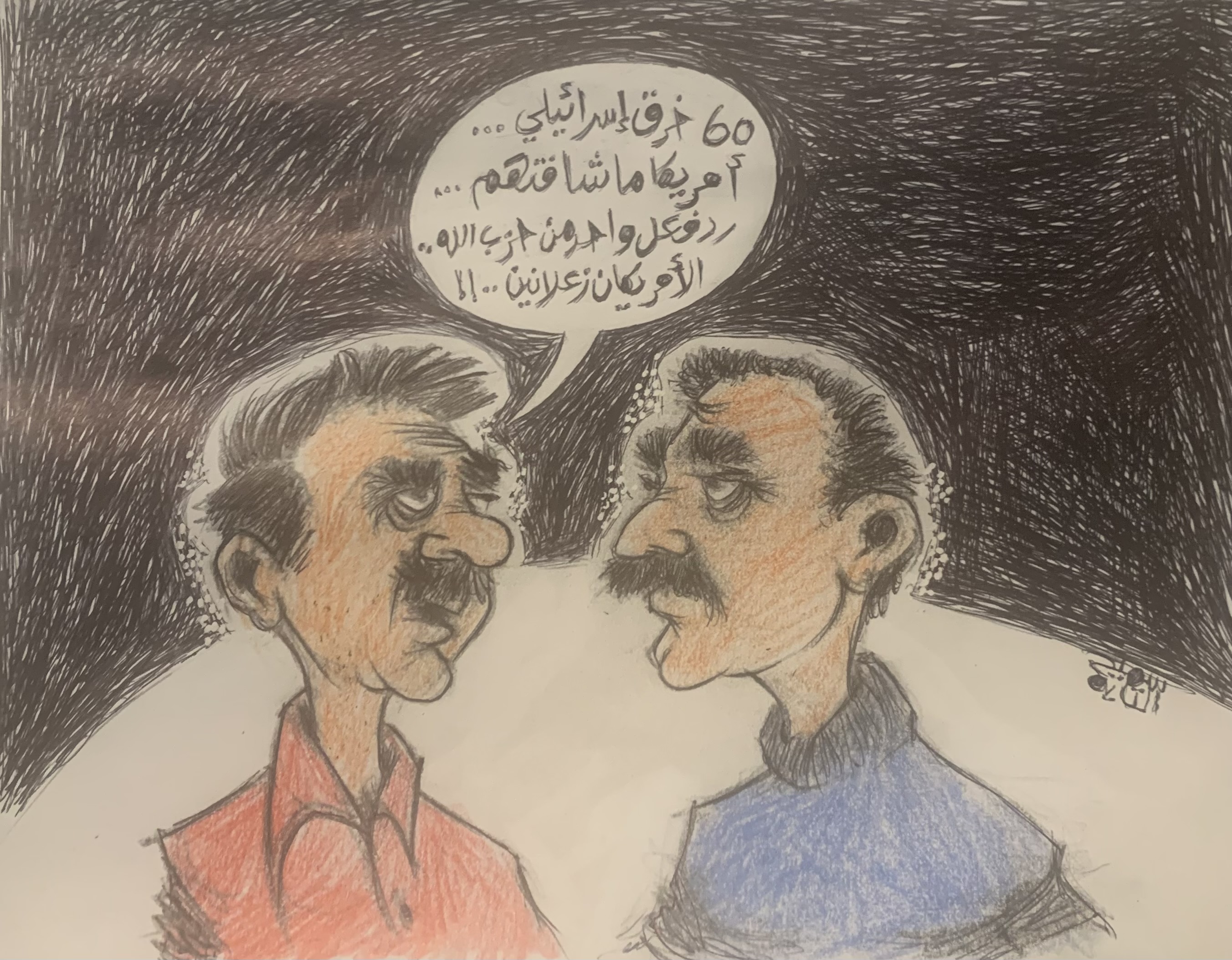
Written by Nasser Kandil,
It is possible to understand the positions issued by Hamas and Islamic Jihad movements, which go further than denying the responsibility for the missiles that targeted Tel Aviv. Some officials of the two movements considered that this act aims at dragging Gaza Strip and the resistance forces to a confrontation that some think that the Israeli Prime Minister Netanyahu needs it to strengthen him electorally, but the scrutiny in the ability of Netanyahu to employ these missiles or any escalation leads to a serious question whether the occupying entity is able to enter into confrontation that will end surely before the elections but without satisfying consequences to Netanyahu on one hand, and on the other hand, or if the resistance forces will not respond harshly to any confrontation and will avoid targeting Tel Aviv and its ability to present concessions at the expense of their prestige and from the outcomes of the deterrence equations to reduce the escalation.
It is certain that despite the positions and analyses there is something great and unprecedented had happened no matter which party is responsible for, whether it announced its responsibility or ignored it or it found it better to deny it. In all cases it is a surprising act and a shift in the rules of engagement with the occupying entity since its emergence seventy years ago. In all the past wars no missile had fallen on Tel Aviv whether in 1947, 1956, 1967, 1973, or from 1982 to 2000 and even in the war of 2006, it remained a protected stronghold far from any threat, even if Tel Aviv was threatened, it was just a passing threat, or the occupying entity was able to contain it and to prevent the opportunities of its repetition by creating a new military situation in geography whether in Egypt, Iraq, or Syria. Now the occupying entity is obliged to recognize that targeting Tel Aviv will become a familiar scene in any confrontation between the occupation government and any party of the resistance axis. The missiles which reach Tel Aviv are present and capable and the iron dome is unable to prevent them, and what can be done by unofficial parties in Gaza can be done by the main parties and can be done by the resistance in Lebanon, the Syrian army, and the Popular Crowd and Iran.
This is a symbolic image taken by the Israeli cameras for how will be the challenge in any future confrontation. After targeting of Tel Aviv was an affirmative premise, it becomes a reality that can be repeated. The Director of the US National Intelligence Committee Dan Coats told the Senate that the Israeli escalation in the light of fragile balances and in the absence of political ceilings will lead to uncontrolled surprises, and those who talk about Israeli interests in escalation or those who say that Netanyahu needs a round of escalation ignore that few months ago he was sending raids over Syria and had stopped them, and ignore that every war or half war needs an exit strategy. Netanyahu has the decision of starting a war but he does not have a clear roadmap to end it. Hamas, Jihad, and the factions have the ability to renounce or even to condemn the missiles but they cannot be silent if the war stared. After the missiles on Tel Aviv, it would not be acceptable for the massacres to occur while the missiles are in the warehouses.
Such an event joys the hearts of the Arab generations which lived the stage of defeats and live with the resistance the stage of victories. If Netanyahu felt the humiliation of missiles, then a new deterrence balance is achieved and if he responds in a war, he will oblige the owners of the missiles to get them out of warehouses.
Translated by Lina Shehadeh,
2019-04-01 | عدد القراءات 1930









